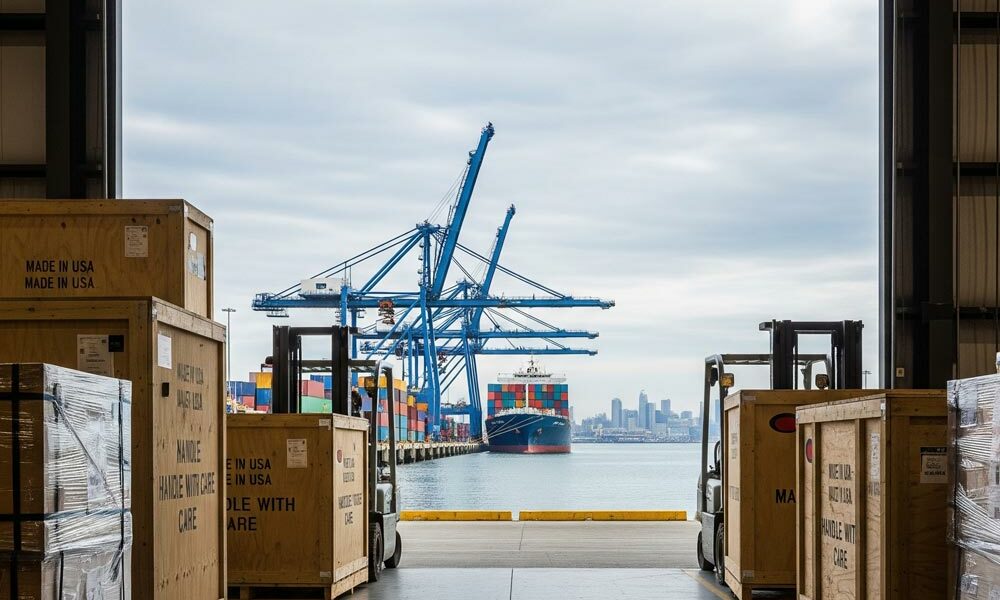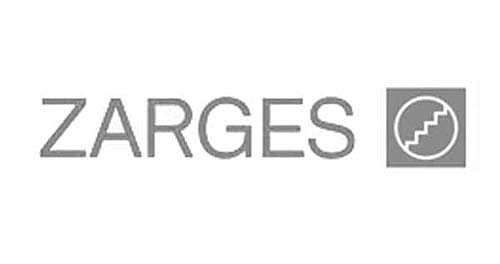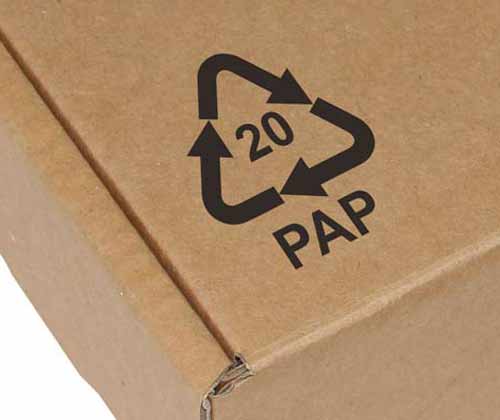
Legal requirements relating to packaging for international transit
Export packaging regulations are rules and standards that govern how goods are packaged and labelled for international transit.
In essence, export packaging regulations prevent goods from being damaged or lost during transit, deter the spread of pests and diseases, and help avoid costly fines, delays, and shipment rejections by customs authorities. Following these regulations, such as those for timber packaging (ISPM-15) and air/sea freight (IATA/IMO standards), ensures products arrive safely, upholds your brand reputation, and facilitates smooth international trade operations.
GWP Group designs and manufactures a range of packaging suitable for export (and which complies with all regulatory and legal frameworks). Packaging we can design and manufacture includes timber, heavy-duty corrugated, and specialist protective cases.
Important note:
This page aims to provide a comprehensive list of regulations that could potentially apply to export packaging. It also indicates which regulations may affect the packaging that you purchase or are looking to source from GWP Group, and areas where we are currently unable to assist.
Please also note that, as all scenarios and applications vary, not all regulations are likely to apply to all export packaging solutions. Please get in touch with us and/or speak with the appropriate regulatory body for further clarification if needed.
The information provided on this page was last updated on 7th November 2025, and is correct to the best of our knowledge at the time of writing. Due to the evolving nature of the regulations detailed on this page, our packaging experts will periodically review and update this content as required.
Table of contents
The following regulations apply to export packaging in the UK. Please note this list is not exhaustive, and is subject to change as regulations are updated, introduced or replaced. Not all regulations apply to all forms of export packaging.
- The Packaging (Essential Requirements) Regulations 2015
- Forestry Commission ISPM 15 Guidance
- British Standards BS 1133 – Packaging Code of Practice
- ISPM 15 Phytosanitary Treatment of Wood Packaging
- ASTM D4169 Performance Testing for Shipping Containers
- UN Model Regulations – Dangerous Goods
- Customs and Border Labelling Rules
The Packaging (Essential Requirements) Regulations 2015
The Packaging (Essential Requirements) Regulations is the UK legislation ensuring packaging minimises environmental impact.
All export packaging must:
- Be designed to use the minimum volume/weight.
- Avoid hazardous substances (e.g., lead, mercury)
- Be recyclable or reusable where possible
GWP Group has a team of expert packaging designers that create packaging solutions using the minimum amount of materials, alongside minimising volume and weights by default. The vast majority of packaging solutions we offer are also recyclable and/or reusable.
We do not use any hazardous materials or substances in the manufacture of our customers’s packaging.
More information
Forestry Commission ISPM 15 Guidance (for timber components)
The Forestry Commission ISPM 15 guidance is the standard applies when wood is used in export packaging (e.g., pallets, wooden crates, etc.) It states that all wooden packaging used in exports must be:
- Heat-treated or fumigated.
- Stamped with the ISPM 15 mark.
All timber packaging (including pallets, crates, cases, etc.) GWP Group supplies uses ISPM 15 treated material. Appropriate markings are included where applicable.
More information
British Standards BS 1133 - Packaging Code of Practice
The British Standards BS 1133 is a comprehensive guide to packaging for transport and storage, that covers:
- Packaging design principles.
- Handling, stacking, and transport resilience.
- Common for industrial, retail, and fragile exports.
GWP Group is able to design and manufacture export packaging that meets the British Standards BS 1133 Packaging Code of Practice.
More information
ISPM 15 Phytosanitary Treatment of Wood Packaging
ISPM 15 is the global standard for export packaging that includes wood that is mandatory for exports to most countries (EU, US, China, Australia). It states that packaging like pallets, crates, and dunnage must:
- Be treated and ISPM 15 stamped.
- Be free from bark and pests.
All timber packaging (including pallets, crates, cases, etc.) GWP Group supplies uses ISPM 15 treated material. Appropriate marking is also included.
More information
ASTM D4169 Performance Testing for Shipping Containers
ASTM D4169 is the transit testing protocol used globally and common for electronics, pharma, and high-value goods. It simulates:
- Vibration
- Compression
- Drop and impact
- Environment affects
GWP can, through specific divisions within Macfarlane Group and various testing partners, provide export packaging that meets the “ASTM D4169 Performance Testing for Shipping Containers” requirements. Alternatively, we can supply pre-production samples for our customers to conduct/organise their own testing.
More information
UN Model Regulations - Dangerous Goods (where applicable)
The UN Model Regulations for Dangerous Goods are the regulations that govern the packaging of hazardous exports (e.g., lithium batteries, chemicals, etc.) It states that export packaging must:
- Be UN-approved.
- Include correct labelling, markings, and documentation.
GWP Group provides a limited range of UN approved packaging for hazardous goods. The wider Macfarlane Group can offer a more comprehensive range, subject to the specific details of the brief. Please contact us with your requirements so we can advise further.
More information
Customs and Border Labelling Rules (Country-specific)
The Customs and Border Labelling Rules are rules that vary by destination, but some countries require:
- Country of origin labels.
- HS codes.
- Barcode or batch traceability.
These are often applied to outer packaging.
Labelling, barcodes and other such information is the responsibility of our customers, and not GWP Group. GWP can however add any required information supplied to us on packaging as required. GWP Group cannot take any responsibility for missing or inaccurate information supplied to us.
More information
Quotes, technical info and advice
Speak with our export packaging experts
The information on this page has been collated, checked and approved by several of our packaging experts:












































